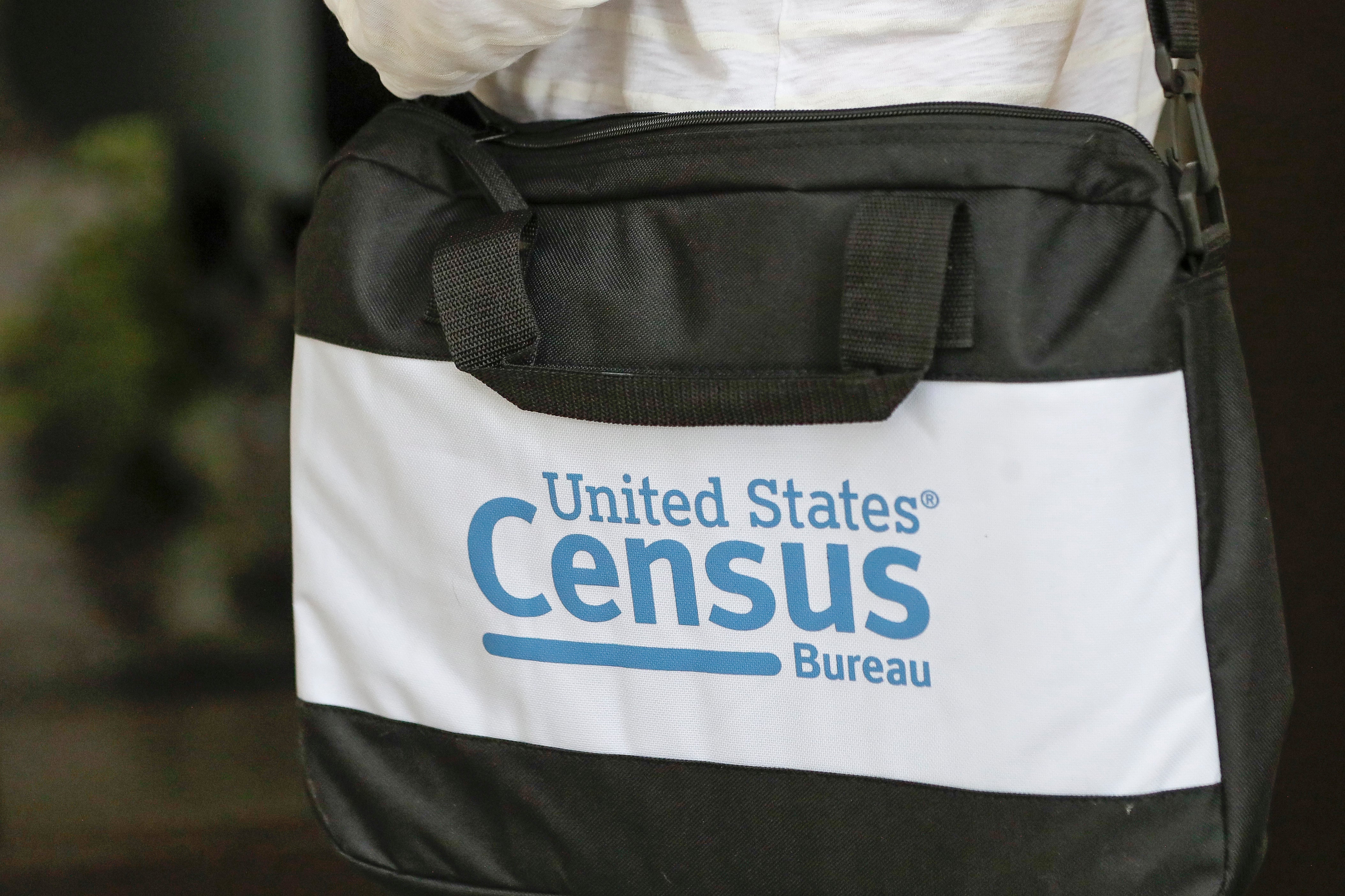'This is break glass in case of emergency stuff': Analysts alarmed by threats to US data gathering
Statisticians and demographers are sounding the alarm about threats to official data gathering in the U.S. They warn that funding for the federal statistical agencies is inadequate and measures in a House appropriations bill could undermine what Americans know about themselves

Inadequate funding and controversial measures in a budget bill could threaten what Americans know about themselves through federal data gathering, statisticians and demographers warn in a new report and a letter to U.S. congressional leaders.
“Our bottom-line assessment is that federal statistics are at risk,” says the report released Tuesday by the American Statistical Association in partnership with George Mason University.
The report says most of the 13 principal U.S. statistical agencies have lost more than 14% of their purchasing power in the last 15 years, limiting their ability to innovate.
Better protections against political meddling also are needed for the agencies which calculate everything from the monthly unemployment rate to the once-a-decade head count that determines the distribution of political power and $2.8 trillion in government funding, according to the report.
Ahead of the 2020 census, for instance, the Trump administration tried to add a citizenship question to the census questionnaire. Even though it was stopped by the U.S. Supreme Court, some experts believe the controversy contributed to an almost 5% undercount of the Hispanic population during the nation's head count.
Meanwhile, other advocates and users of federal data are worried about an appropriations bill being considered by the GOP-controlled House Committee on Appropriations on Tuesday. The bill would omit people in the country illegally from the count used to redraw political districts — even though the 14th Amendment requires “counting the whole number of persons” in each place. And it would limit how many times a respondent can be contacted by agencies seeking their participation in surveys and the census.
“This is ‘break glass in case of emergency’ level stuff,” said Allison Plyer, chief demographer at The Data Center, a research nonprofit based in New Orleans.
The measure omitting people in the country illegally is unconstitutional, and placing limits on how many times respondents can be contacted would have a “devastating” impact on data quality by missing many more people, the leaders of the Census Project, a coalition of business, civil rights and local government groups said in a letter last week to leaders of the House Committee on Appropriations.
The language in the appropriations bill would restrict contact by agencies to no more than two times for the census and surveys including the American Community Survey and the Current Population Survey, which helps determine the monthly unemployment rate.
The American Community Survey is the most comprehensive survey of American life, providing the basis for countless economic decisions by gathering information on such things as commuting times, internet access, family life, income and education levels. It typically requires more than three follow-up contacts to get a response. The Current Population Survey takes about 2.5 follow-up contacts. If the 2020 census had been limited to only two invitations to respondents to participate, the nation's head count would have missed 17 million households, the Census Project said in its letter.
“If the Census Bureau is constrained in the number of contacts it can make, the data will become completely unreliable,” Plyer said. “Data doesn’t grow on trees. It doesn’t magically come to us. This bedrock information cannot be replicated.”
In May, the Republican-led House passed a separate bill that would eliminate noncitizens from the census tally used to decide how many House seats and Electoral College votes each state gets. The bill is unlikely to pass the Democratic-controlled Senate, the White House opposes it and it would likely be challenged in court because the Constitution says all people should be counted during the apportionment process.
The current appropriations bill proposes $1.3 billion for the U.S. Census Bureau, which is below the Biden administration's request of $1.6 billion for fiscal year 2025, a shortfall which could make preparations for the 2030 census more difficult, the Census Project leaders said in their letter.
But Rep. Harold Rogers, R-Ky., said Tuesday during the House committee hearing that the budget bill funds agencies appropriately while restraining “government overreach by Washington bureaucrats."
Ahead of the 2020 census, budget cuts in the mid-2010s forced the Census Bureau to cut dress rehearsals for the count and scrap testing of new methods for counting people in group quarters like dorms, prisons and nursing homes. Advocates worry the same thing could happen to 2026 test runs planned for the 2030 census, and result in undercounts of minority groups, without adequate funding.
“If it doesn’t get the funding next year for comprehensive testing in 2026, it won’t be able to make up for the lost research and testing down the road,” said Terri Ann Lowenthal, a former congressional staffer who consults on census issues. “If that happens, it will be deja vu all over again.”
___
Follow Mike Schneider on the social platform X: @MikeSchneiderAP.
Bookmark popover
Removed from bookmarks